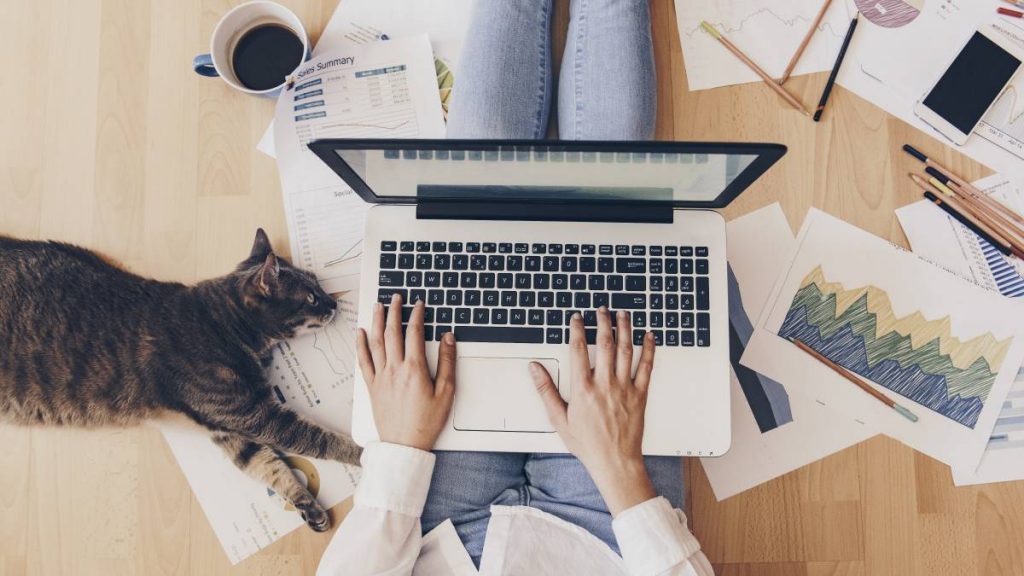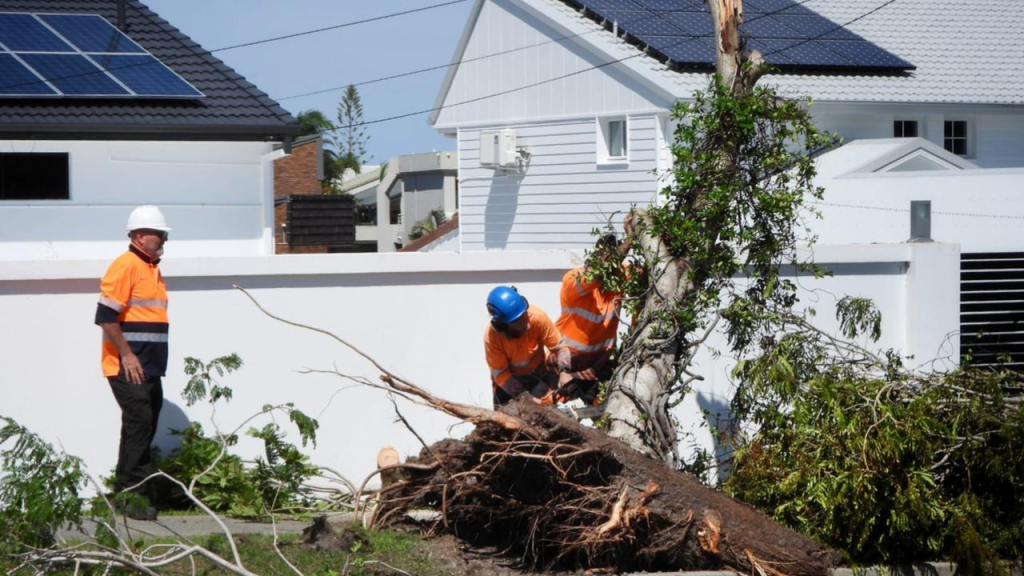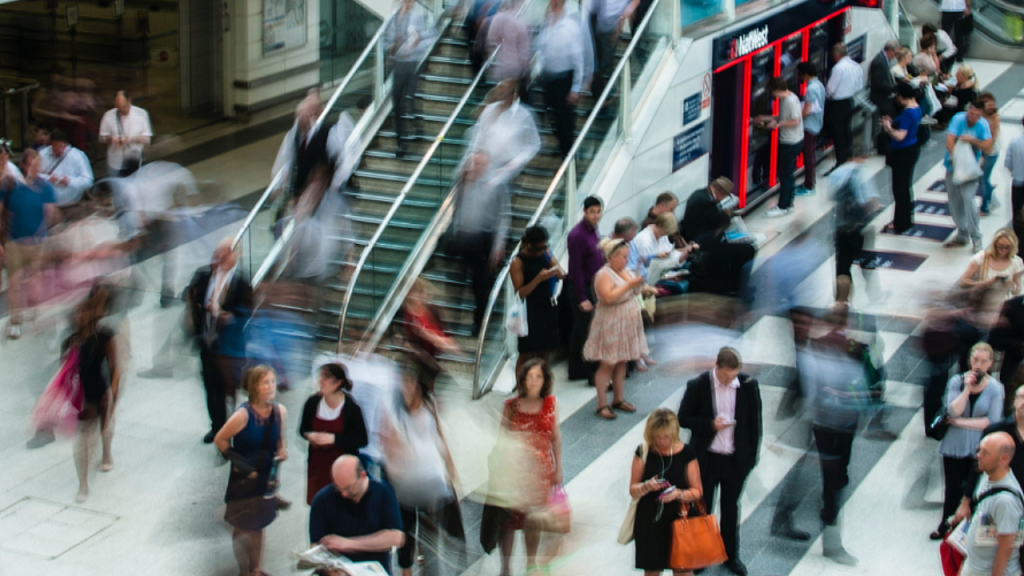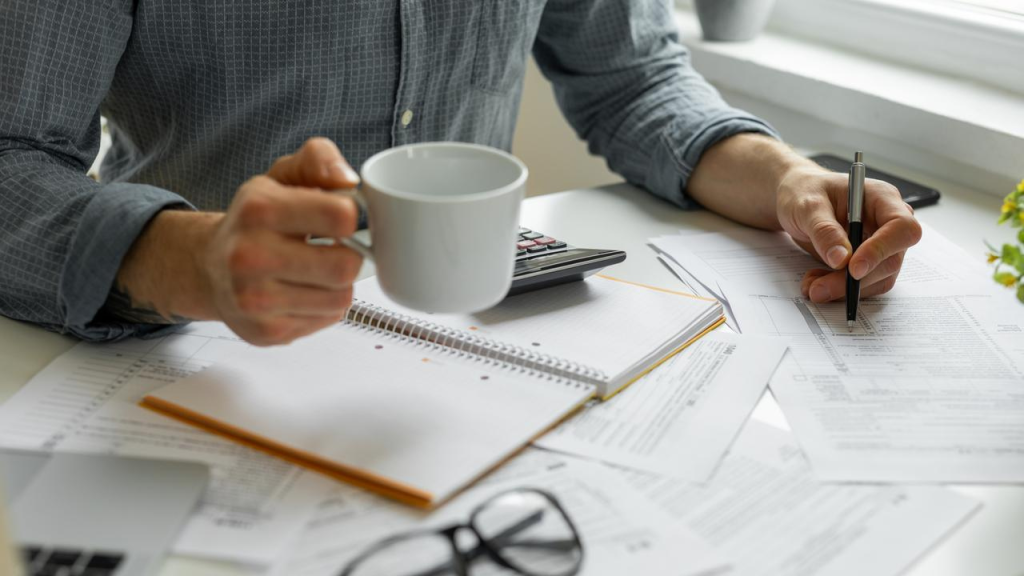The ATO has made a number of changes to tax return rules for FY19/20 making this year’s tax return easier, particularly for Australians impacted by coronavirus and bushfires.
The tax office is expecting a marked increase in people claiming deductions for working from home or for protective items used for work. We know many of our clients are likely to have questions about how different types of income and expenses may affect their obligations this year. The ATO has produced a helpful online guide for workers who may require some additional clarification around how to claim deductions in the wake of coronavirus.
Working from home
This year, the ATO will allow workers to use a simplified method for calculating work-from-home expenses to make claiming easier. The shortcut can only be applied to expenses incurred between 1 March and 20 June 2020.
It may be used by more than one person working from home in the same house. Workers simply need to add the total amount of expenses incurred in the ‘other work-related expenses’ question and include ‘COVID-hourly rate’ as the description. If you choose to use this shortcut, you will need to keep a record of the hours you have worked from home in the period to support your claim. Workers are also able to use existing methods of claiming work-from-home expenses if preferred.
Protective clothing
If you have had to pay for protective equipment for work during the bushfires or coronavirus, you can claim them on your tax return. Taxpayers working in jobs that require physical contact or close proximity with customers or clients during COVID-19 measures may be able to claim a deduction for items such as gloves, face masks, sanitiser or anti-bacterial spray if they have paid for the items and not been reimbursed. This includes industries such as healthcare, retail and hospitality.
Reduced claims
The ATO expects claims for laundry and travel expenses to decline this year as coronavirus shut down workplaces. If you haven’t travelled for work or worn a uniform, you aren’t able to claim these expenses even if you have previously done so.
Unfortunately, you are also unable to claim expenses for brief visits to the office. This is still considered private travel and cannot be claimed.
JobSeeker and JobKeeper payments
Payments for JobKeeper will be included as salary and wages or allowances in your tax return. Employers file this information directly to the ATO and it should be automatically applied to tax returns by the end of July.
Sole traders who have received the JobKeeper payment on behalf of their business will need to include the payments as assessable income for the business.
Workers who applied for JobSeeker won’t have to do anything either. The ATO will also load this information into tax returns at the Government Payments and Allowances question once available.
Redundancy and stand down payments
Lump-sum payments for redundancy or stand down payments are taxable and should be included in your income statement. Equally, workers should include other sources of income such as income protection payments, sickness payments or accident payments.
Early superannuation access
Thousands of Australians have chosen to access their superannuation early to assist their cash flow. If you have opted to receive early access to your super this year under the special arrangements made available during the pandemic, these amounts are tax-free and you do not need to declare them in your tax return.
If you’re impacted by any of these changes to this financial year’s tax return rules and need to discuss in further detail, please contact us on 1300 ARABON on make a booking online.






